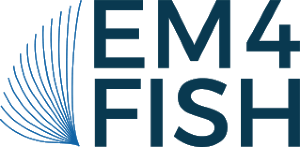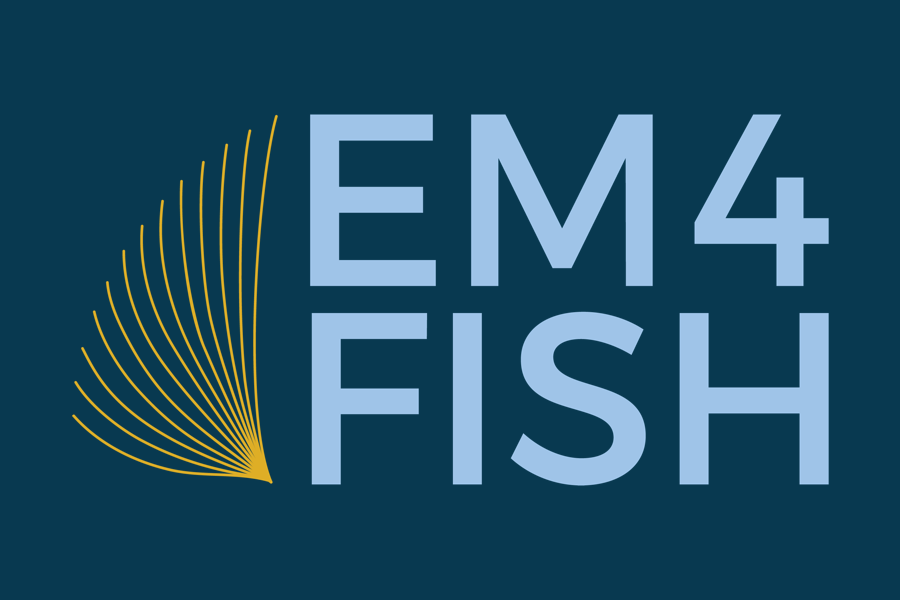Projects in the Field is a series of independently produced articles profiling work supported by NFWF’s Electronic Monitoring & Reporting Grant Program, and is meant to raise awareness and support for these important initiatives. As always, your questions and comments are welcome.
“There’s an app for that” has almost become an everyday phrase in our technologically advanced times. In fisheries management, technology has also improved how our seafood catch is reported to local authorities. Traditional paper data collection for fisheries have proven inefficient. Paper surveys require significant staff resources to manually enter information into databases. Electronic logbooks have been around for many years, but not all fisheries, regions or countries use electronic reporting (ER) as the main means for catch reporting.
The US Caribbean was one example. Since 2013, electronic reporting for the region has been piloted with varying success. Efforts to transition from paper reporting to ER have come and gone, but what has remained has been sector-wide support from both commercial fishermen and management agencies for the needed move to ER in the US Caribbean.

In 2016, Shellcatch, a tech company that provides an integrated monitoring platform (software, hardware and IT support), was contracted to develop ER for Puerto Rico. In 2017, my organization, Conservación ConCiencia, identified an opportunity to expand those Puerto Rico ER efforts to the US Virgin Islands (USVI). At that time, paper-based reporting was the only method used to collect fisheries data for both local and federally regulated fisheries in the US Caribbean.
With support from The Ocean Foundation, and in partnership with the USVI Department of Planning and Natural Resources (Division of Fish and Wildlife) as well as Puerto Rico’s Department of Natural and Environmental Resources, Conservación ConCiencia applied for and in 2017 was awarded a National Fish & Wildlife Foundation Electronic Monitoring and Reporting Program grant to expand the Shellcatch-developed ER platform to the USVI, and thus create a unified system that addresses jurisdictional needs of Puerto Rico, the USVI and NOAA fisheries in an effective and efficient way.
Currently, the ER transition funded by NFWF is creating and tailoring the mobile application to capture all the information and more that fishermen are accustomed to filling out on paper, in a way that is logical and straightforward. Our USVI ER coordinator is working with a small cohort of commercial fishermen, USVI’s Division of Fish and Wildlife’s Fisheries biologist in charge of fisheries data, and Shellcatch to beta-test the app. The next step is to finalize all the features and to roll out the ER system to the entire commercial fishing community.

After the summer of 2019, a time when all USVI fishermen have to renew their licenses, the app will be ready to be tested by St. Thomas fishermen to submit electronic catch reports to the USVI’s Division of Fish and Wildlife. After that we will work to expand ER to the rest of the sector and to St. Croix and St. John. At that point we would enter the second phase of the project and for the next 18-24 months the focus will be on transitioning all into the bilingual (English and Spanish) US Caribbean ER system.
While implementing electronic logbooks may not seem like a major advance, what we’re aiming for is to enable every fisherman—in every commercial fishery, targeting every species, employing every gear type—in the US Caribbean to report electronically to their jurisdiction.
“The USVI Division of Fish and Wildlife is extremely excited about this project, which will modernize reporting by commercial fishers in the USVI and improve the efficiency, reliability, and timeliness of fisheries data collection in a manner that is highly supported by the fishing community” states Alexis Sabine, fisheries biologist for the USVI Division of Fish and Wildlife.
Conservación ConCiencia is committed to working collaboratively with all stakeholders, and to demonstrating how the US Caribbean can become a guiding light for small-scale fisheries management in other regions, and around the globe.
I welcome questions or suggestions from the broader network of EM/ER practitioners here at EMinfo. Please leave comments below or feel free to reach me directly at rai@conservacionconciencia.org.

